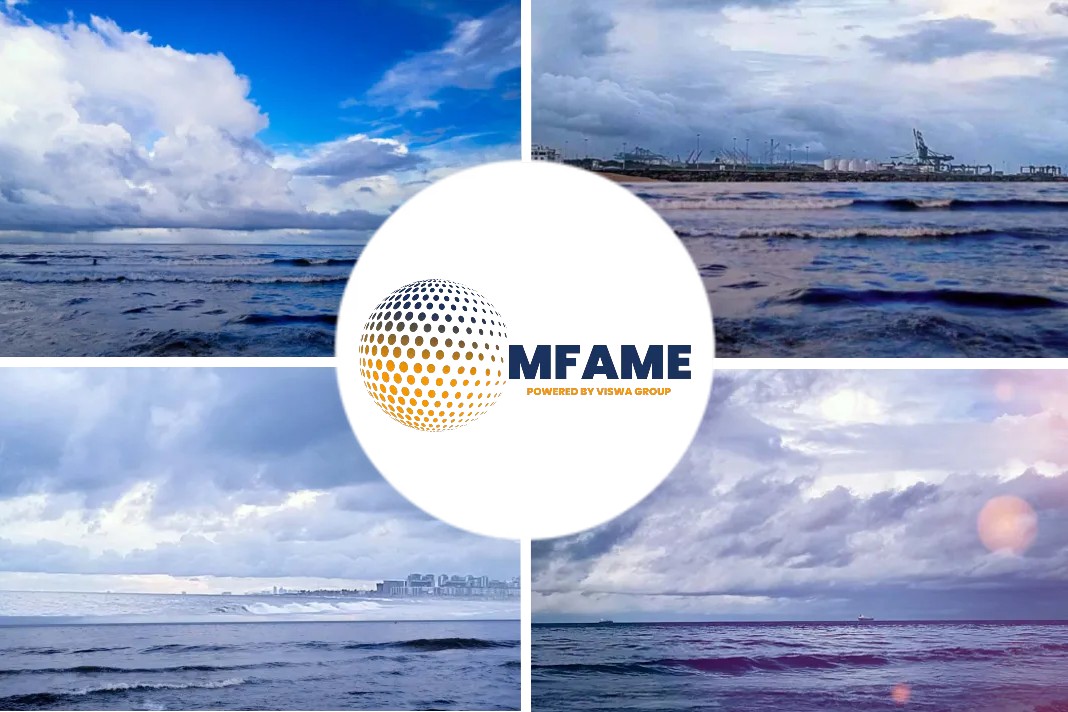
China’s growing investments in European ports have reshaped the landscape of maritime trade and infrastructure collaboration, sparking debates about control, competitiveness, and diplomatic relations in an evolving global trade environment. The container-news source.
- Chinese state-owned companies have significantly expanded their investments in European ports, with COSCO Shipping Ports (CSP) leading the way, generating 47% of its revenue from European terminals in 2022.
- China Merchants Port Holdings has focused on southern European ports and operates many of its investments through its joint venture with CMA CGM, Terminal Link.
- The debate over Chinese influence in European ports centers on the level of control exerted by Chinese companies and potential impacts on competitiveness, trade patterns, and diplomatic relations between Europe and China, despite the latter being the EU’s largest trading partner.
China’s Expanding Footprint in European Ports
A recent report by Alphaliner highlights China’s increasingly significant role in Europe’s port network, with Chinese companies holding investments in approximately 31 container seaport terminals across Europe and the Mediterranean. This expansion marks a notable shift in China’s engagement with European ports since 2016.
COSCO Shipping Ports Leads the Way
COSCO Shipping Ports (CSP) has emerged as a major player, with investments in eleven terminals spread across seven European countries. This includes Belgium, Germany, Greece, Italy, the Netherlands, Spain, and Turkey. CSP’s financials underscore the growing trend, with 47% of its revenue in 2022 generated from European terminals, a significant increase from 32% in 2016.
China Merchants Port Holdings’ Southern Focus
China Merchants Port Holdings is another state-owned Chinese company with a presence in Europe, holding investments in nine terminals. Notably, it has concentrated its efforts on southern European ports, including those in France, Greece, Malta, Turkey, and the Netherlands. These investments have primarily been managed through its joint venture, Terminal Link, in collaboration with CMA CGM.
Debate Over Control and Influence
The debate surrounding Chinese influence in Europe’s transport infrastructure has resurfaced, particularly in light of CSP’s bid to acquire a stake in Hamburg’s Tollerort Terminal. While Chinese companies have made significant investments in European ports, concerns revolve around the degree of individual control they hold. Currently, Chinese state-owned players maintain full or majority control in only two European ports: Piraeus and Zeebrugge. These investments have sparked discussions about potential effects on competitiveness, trade flows, and European relations with China.
Did you subscribe to our daily newsletter?
It’s Free! Click here to Subscribe!
Source- container-news


















